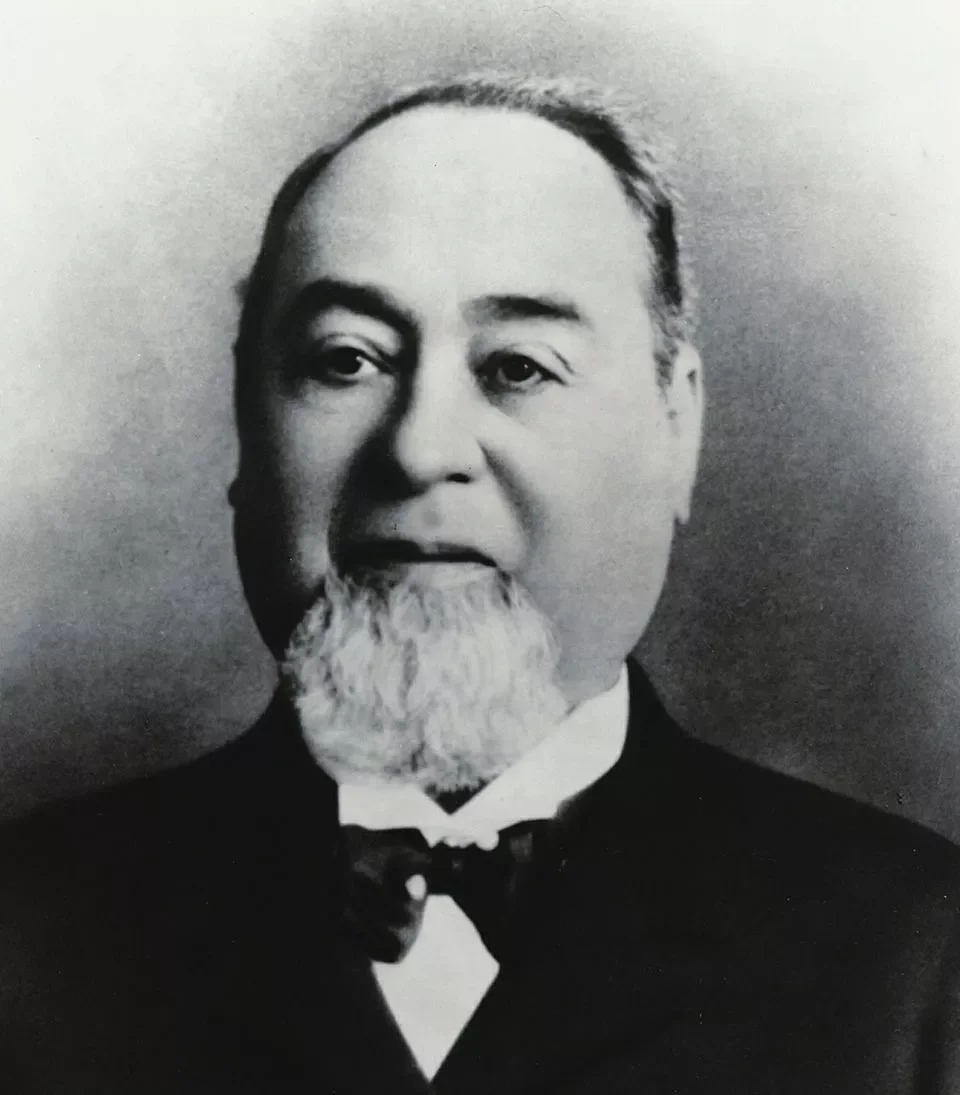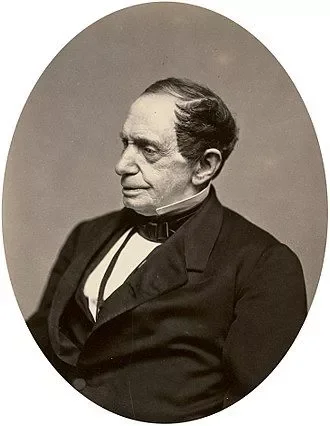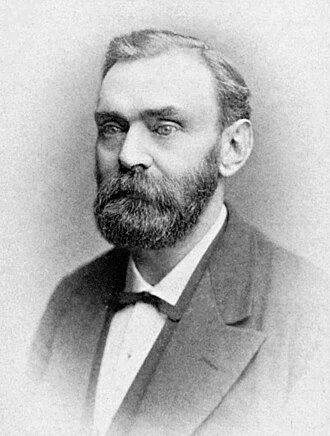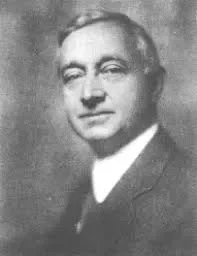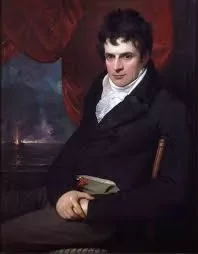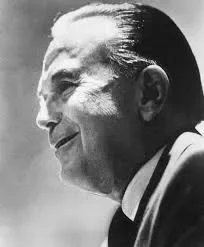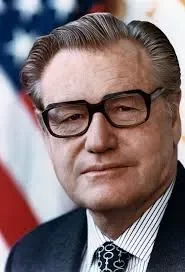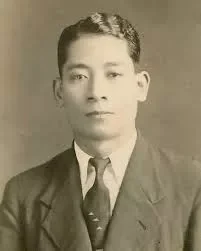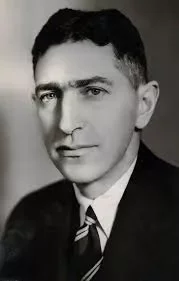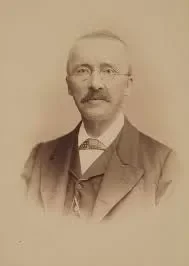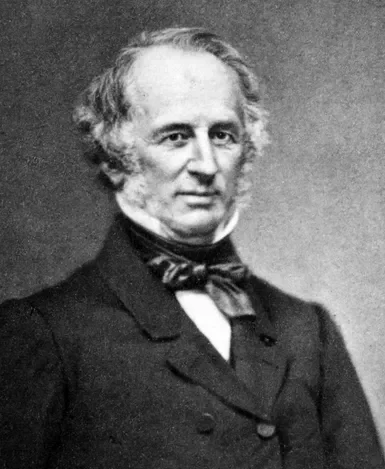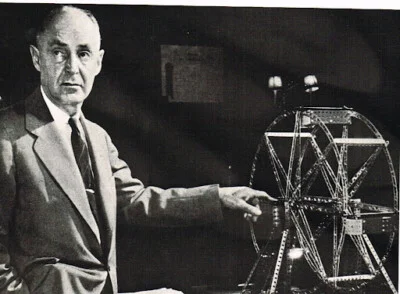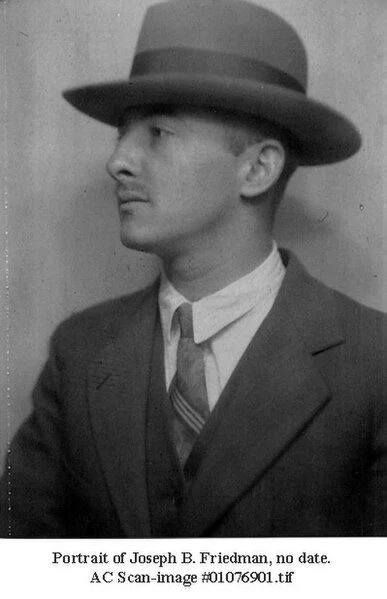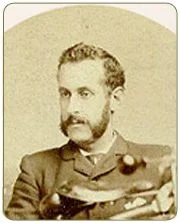Real Celebrities Never Die!
OR
Search For Past Celebrities Whose Birthday You Share
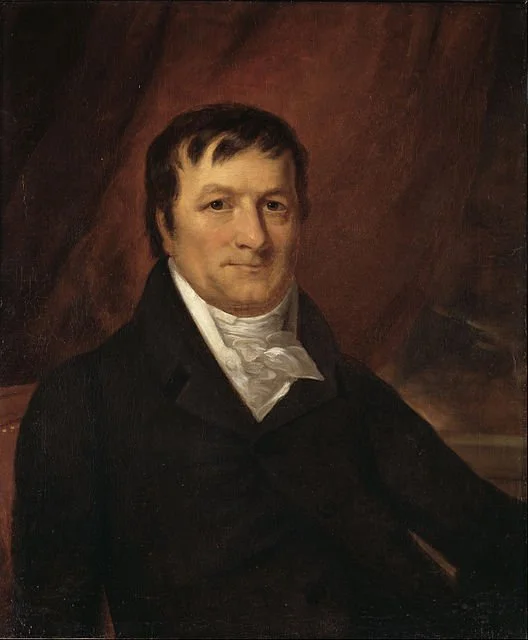
source:wikipedia.org
John Jacob Astor
Birthday:
17 Jul, 1763
Date of Death:
29 Mar, 1848
Cause of death:
Natural causes
Nationality:
German, American
Famous As:
Businessman
Age at the time of death:
84
John Jacob Astor's Quote's
Early Life and Immigration to America
John Jacob Astor, a towering figure in American business history, was born on July 17, 1763, in Walldorf, near Heidelberg in the electorate of the Palatinate, which is now part of Germany. His journey from humble beginnings to becoming one of the wealthiest individuals of his time is a testament to entrepreneurial acumen and foresight.
Challenges and Determination in Early America
Astor’s childhood was marked by modest means and limited opportunities. Born into a poor German farming family, he received minimal formal education. At the age of 16, Astor emigrated to the United States, arriving in Baltimore in 1784. His early years in America were a testament to the grit and determination that would later define his business career.
Rise in the Fur Trade
Settling in New York City, Astor initially worked in the fur trade, a sector that would become instrumental in his rise to prominence. Recognizing the lucrative potential of the fur business, he established himself as a trader, and by 1800, Astor had accumulated a substantial fortune.
Expansion into Real Estate
Astor’s strategic vision extended beyond fur trading. He foresaw the tremendous growth of New York City and invested heavily in real estate. His notable acquisitions included vast tracts of Manhattan land, laying the foundation for a real estate empire. Astor’s investments, particularly in the rapidly expanding urban landscape, solidified his status as one of the preeminent real estate magnates of his era.
Founding of the American Fur Company
One of Astor’s groundbreaking achievements was the establishment of the American Fur Company in 1808. This vertically integrated enterprise controlled various aspects of the fur trade, from trapping and processing to transportation and sales. Astor’s business savvy and ability to navigate the complexities of international trade positioned him at the forefront of the burgeoning American fur industry.
Pacific Fur Company and Western Expansion
A pivotal moment in Astor’s career came with the Pacific Fur Company, formed in 1810, which aimed to capitalize on the fur-rich territories of the Pacific Northwest. Despite facing challenges, including competition with the British Hudson’s Bay Company, Astor’s ventures played a crucial role in expanding American influence in the western territories.
Wealth, Philanthropy, and Family
By the 1820s, John Jacob Astor had amassed immense wealth, becoming one of the first multimillionaires in the United States. His wealth allowed him to engage in philanthropy, supporting various charitable causes. Astor’s contributions to education and cultural institutions underscored his commitment to the betterment of society. Astor’s personal life was marked by a series of marriages. His first wife, Sarah Todd, bore him eight children, though only five survived.
Death and Enduring Legacy
John Jacob Astor passed away on March 29, 1848, in New York City. His legacy, however, endured through the impact of his business ventures and the lasting imprint he left on the landscape of American commerce. Astor’s bequest to the Astor Library, now part of the New York Public Library, reflected his commitment to fostering knowledge and education.
Astor’s foresight in recognizing the potential of industries such as fur trading and real estate played a pivotal role in shaping the economic landscape of the early United States. His contributions to philanthropy further demonstrated a commitment to the broader welfare of society. In remembering John Jacob Astor, we acknowledge not only a shrewd businessman but a transformative figure whose influence extended far beyond his lifetime.
Name:
John Jacob Astor
Popular Name:
John Jacob Astor
Gender:
Male
Cause of Death:
Natural causes
Spouse:
Place of Birth:
Walldorf, Electoral Palatinate, Holy Roman Empire
Place of Death:
New York City, U.S.
Occupation / Profession:
Personality Type
Entrepreneur: Smart, energetic and very perceptive people, who truly enjoy living on the edge. He was very good at managing people.
Astor’s success was heavily tied to the fur trade. In 1808, he founded the American Fur Company, which became the dominant player in the fur industry, solidifying his status as a key figure in the American economy.
Astor was not just a fur magnate; he was also a visionary real estate investor. His strategic land acquisitions in Manhattan laid the groundwork for a vast real estate empire, contributing significantly to his wealth.
By the 1820s, Astor had accumulated a fortune estimated at around $20 million, making him one of the wealthiest individuals in the United States during his time
Astor founded the American Fur Company and the Pacific Fur Company
His American Fur Company is considered the first American business monopoly.


